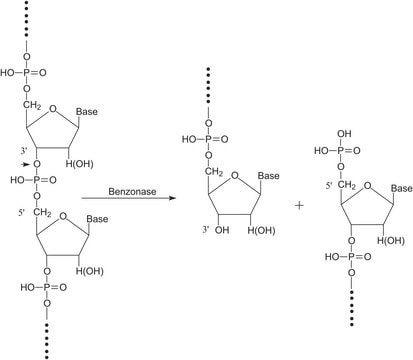R5404
Monoclonal Anti-Rab9 antibody produced in mouse
~2 mg/mL, clone Rab9-29, purified immunoglobulin, buffered aqueous solution
About This Item
Recommended Products
biological source
mouse
Quality Level
conjugate
unconjugated
antibody form
purified immunoglobulin
antibody product type
primary antibodies
clone
Rab9-29, monoclonal
form
buffered aqueous solution
mol wt
~23 kDa
species reactivity
human, rat, hamster, canine, mouse
concentration
~2 mg/mL
technique(s)
immunocytochemistry: suitable
immunoprecipitation (IP): suitable
microarray: suitable
western blot: 2 μg/mL using total cell extract of HeLa cells.
isotype
IgG1
UniProt accession no.
shipped in
dry ice
storage temp.
−20°C
target post-translational modification
unmodified
Gene Information
human ... RAB9A(9367)
mouse ... Rab9(56382)
rat ... Rab9a(84589)
General description
Specificity
Immunogen
Application
- western blotting
- enzyme-linked immunosorbent assay(ELISA)
- immunoprecipitation
- immunocytochemistry
Biochem/physiol Actions
Physical form
Storage and Stability
Disclaimer
Not finding the right product?
Try our Product Selector Tool.
related product
Storage Class Code
10 - Combustible liquids
WGK
WGK 3
Flash Point(F)
Not applicable
Flash Point(C)
Not applicable
Personal Protective Equipment
Certificates of Analysis (COA)
Search for Certificates of Analysis (COA) by entering the products Lot/Batch Number. Lot and Batch Numbers can be found on a product’s label following the words ‘Lot’ or ‘Batch’.
Already Own This Product?
Find documentation for the products that you have recently purchased in the Document Library.
Our team of scientists has experience in all areas of research including Life Science, Material Science, Chemical Synthesis, Chromatography, Analytical and many others.
Contact Technical Service